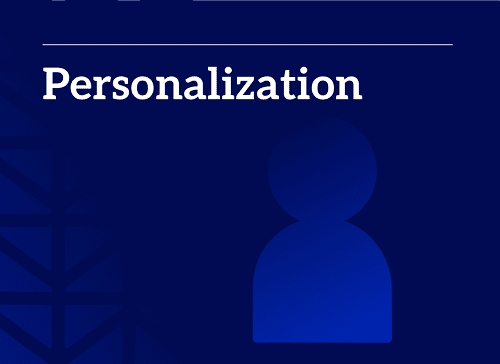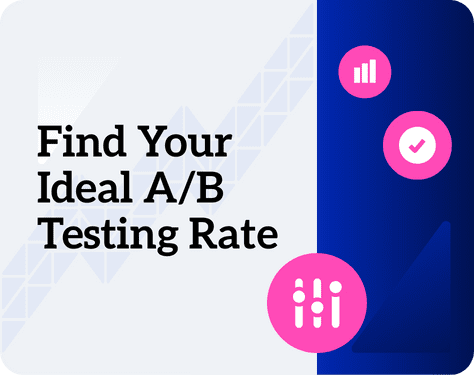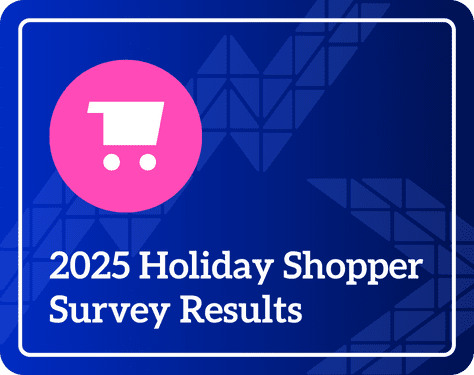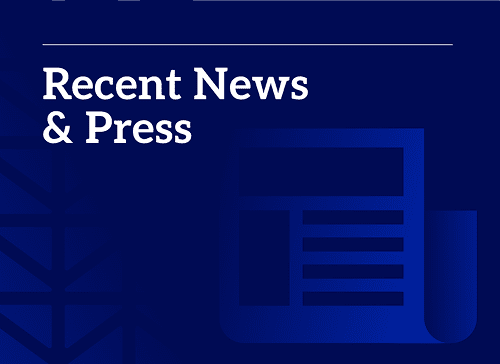All you want is to book a simple non-stop flight and hotel. You go online with the intent of making a quick reservation or booking. But somehow, two hours later, you’re still paging through search results, toggling among different date configurations, and losing your grip on what options are comparable.
If that sounds familiar, then you’re well aware of the vast number of options for booking travel online – and the urgent need for tools to make the job easier. Thankfully, solutions now exist for airlines, hotels, excursions and more to curate, personalize, and package offerings so that customers can find the right options faster and book more smoothly.
Travelers navigate a flood of digital booking options
For many travelers, online research and booking is now the default. More than 6 in 10 U.S. consumers use online travel agencies (OTAs) such as Priceline, search engines, social media, individual hotel sites, “meta travel sites” that search across multiple digital channels at once, or a combination of these sources to plan and book travel, according to research from Expedia and Skift.
Overall, four in five consumers want to book entire trips online, a Hilton survey found – and with so many travel resources and types of offerings available online, options are plentiful. But this may be too much of a good thing.
In fact, recent years have seen a resurgence of travel advisors, a new-fangled term to describe the travel agents of yore. With 68% of consumers saying travel is growing more complex, half now say they’re more likely than before to seek out in-person travel guidance, according to a survey from ASTA. A survey by IBS Software found that 38% of Millennial and Gen Z travelers rely on travel advisors, despite these generations’ digital-native status.
This low-tech resurgence speaks to what’s missing in the flood of travel information found online: the personal touch. More than four in five travelers now seek personalization during their experiences and interactions, according to Hilton survey data.
Consumers don’t want thousands of search results; they want curated options that match their preferences and take into account their prior digital interactions. To stand out from the crowd, travel providers need to deliver the right offers and content within the right context.
Companies delivering personalized experiences typically realize a 10% to 15% revenue lift, according to McKinsey – but top performers can boost revenues by as much as 25%.
Bundled travel options cut through the clutter
As they navigate through the booking process, consumers give travel providers plenty of opportunities to get to know their preferences and trip criteria. On average, U.S. travelers spend 35 days gathering trip inspiration online and 39 days honing their picks through research and planning, the Expedia/Skift survey found – and they browse an average of 277 website pages in the process.
The information consumers provide about their trips during these preliminary stages should form the foundation for tailored search and browsing experiences that reflect personal preferences. Building shopper profiles from data collected across digital touchpoints can help airline and travel providers deliver the curated picks that consumers crave.
Showcasing the picks that explicitly match travelers’ criteria for scheduling, location, and price is an important first step. Then, to take personalization to the next level, travel providers should expand their horizons.
Since trips consist of multiple components selected in tandem with each other, providers should suggest options that span the entire spectrum of the journey, offering travelers end-to-end solutions tailored to their needs.
Thanks to the power of artificial intelligence (AI), travel providers can offer functionality called dynamic bundling that groups offerings according to location, popularity, availability, and other custom attributes, as well as prioritizing travelers’ individual preferences when it comes to such criteria as price point or pet-friendly options.
For example, if a traveler begins the research process by specifying dates, starting point and destination, and indicates there will be two adult and two child tickets needed, the vendor returns a set of matching options, which the traveler sorts by price.
As the traveler narrows options, the vendor displays availability for hotels priced in the appropriate budget tier, offers family-sized rental vehicles, and suggests kid-friendly activities at the destination, prioritizing events and seasonal highlights that align with the selected travel dates.
The traveler goes on to book a vehicle and a tour in addition to the flights. As the travel dates approach, the traveler receives promotional emails highlighting highly-rated family restaurants at the destination and makes a reservation.
This type of holistic experience delivers multiple benefits to companies and travelers alike:
- Time savings – Bundled suggestions streamline the search and discovery process, connecting travelers with the options that align with their needs more quickly than if they had to slog through pages of results. Skift/Expedia survey respondents ranked an easy-to-use website second only to price in determining where they plan and book their travel, so this efficiency has a positive impact on the bottom line.
- Responsive service- By suggesting relevant add-on options, travel companies can build a reputation for knowledgeable, proactive service. Giving online and call center customer service reps access to the same bundled recommendations that website users see ensures consistency and enables them to add further information to customer profiles to further improve relevance.
- On-the-ground relevance – Bundling can be extended to travelers once they arrive at their destinations by delivering grouped offers via email and SMS messages. Recommendations can be further tailored by leveraging mobile data such as location and the time of day, ensuring ideas are context-relevant for travelers on the go.
- Savvy loyalty incentives – Two-thirds of U.S. travelers are members of a loyalty program, and six in 10 would pay extra to be able to book with brands where they’re a loyalty member in order to earn points for future travel and upgrade rewards. Travel providers can further strengthen incentives to use loyalty membership by offering bundled perks that reflect travelers’ interests – for example, a package of dining and activity discounts tailored to families with children when they book a trip to a new destination.
Elevate travel offerings with Monetate’s Dynamic Bundles
To deliver multi-dimensional groupings of travel options, Monetate leverages AI that can process and interpret travelers’ behaviors in real time. Monetate’s algorithm weaves together a holistic picture of travelers’ priorities and intent, drawing on:
- Product attributes – Companies can group offerings by brand, type of service, price point, location, and more.
- Customer data – Past travel bookings, current searches and browsing patterns, and information culled from trip finders and other interactive experiences can help tailor picks.
- Merchandiser input – Marketing teams can spotlight offerings within bundled groupings by prioritizing seasonal picks and package discounts.
As travelers move through the site and hone in on options, the algorithm analyzes the performance of individual picks, continually improving and refining the process. A/B testing enables travel companies to further optimize their offerings by experimenting with design and delivery of content and promotions.
Travel companies that leverage dynamic bundling and personalization can help consumers escape the overwhelm and identify the right options for their needs. By providing authoritative picks that ease decision-making and streamline the booking process, travel providers can not only boost the total value of reservations made in the moment, but set the stage for customer satisfaction and loyalty.



